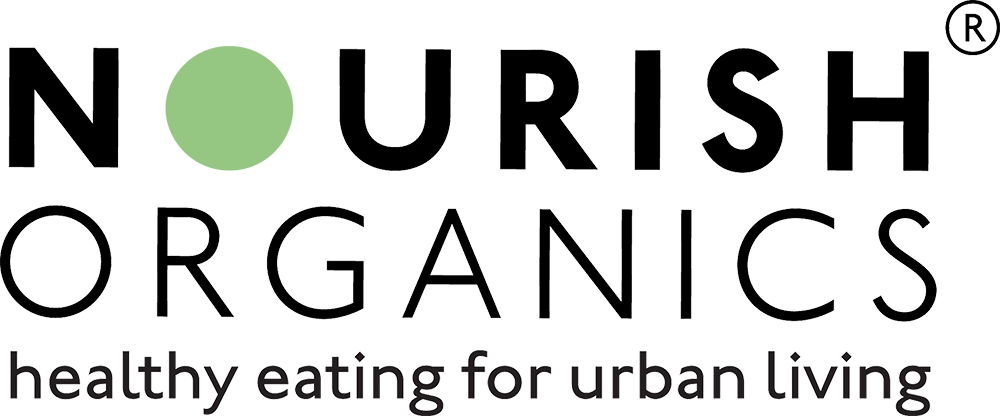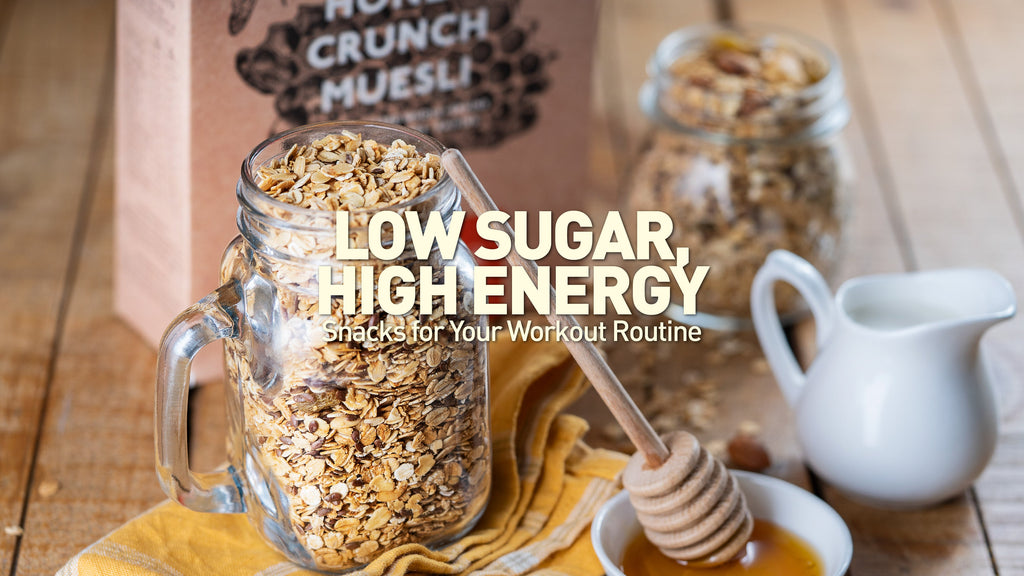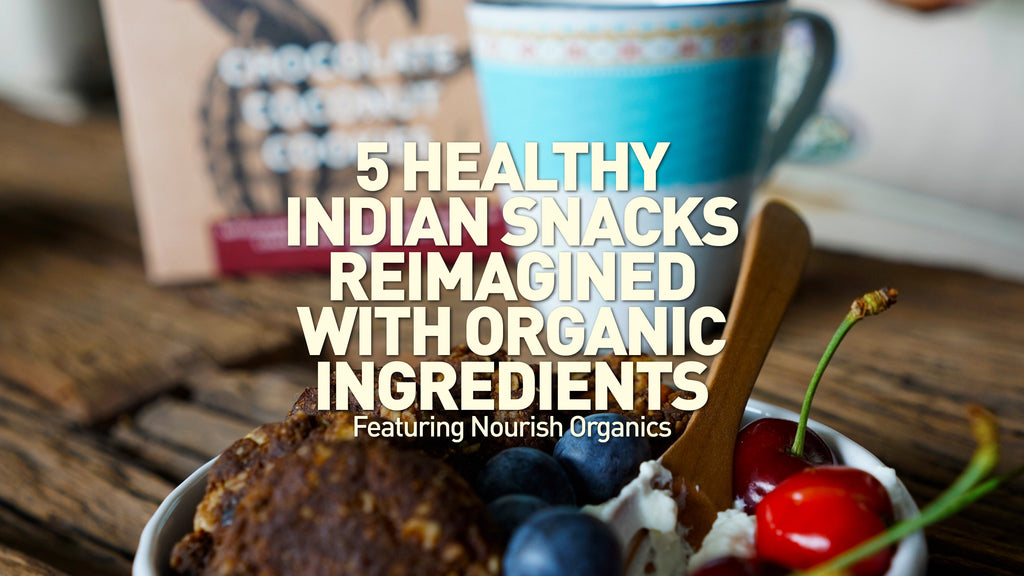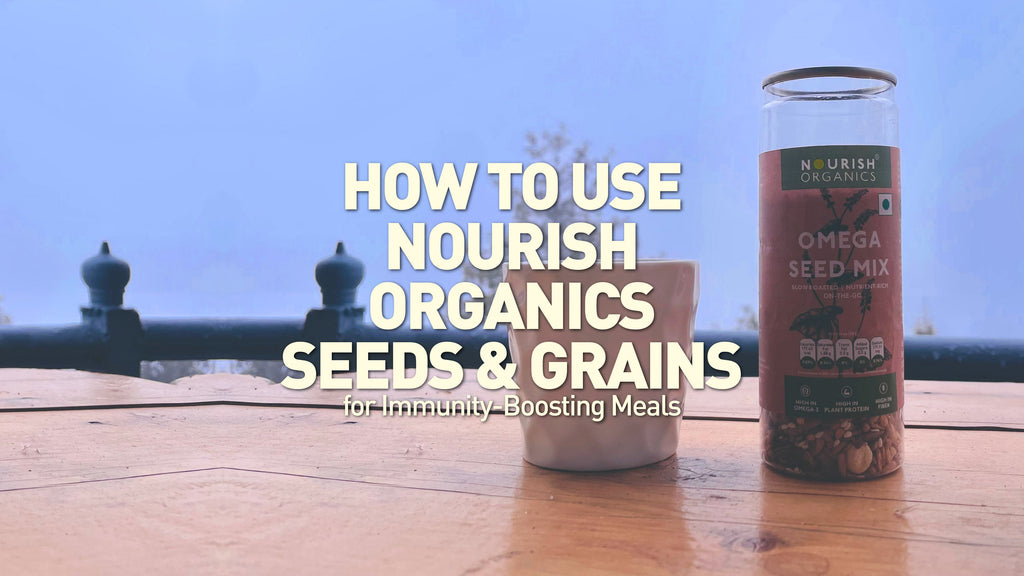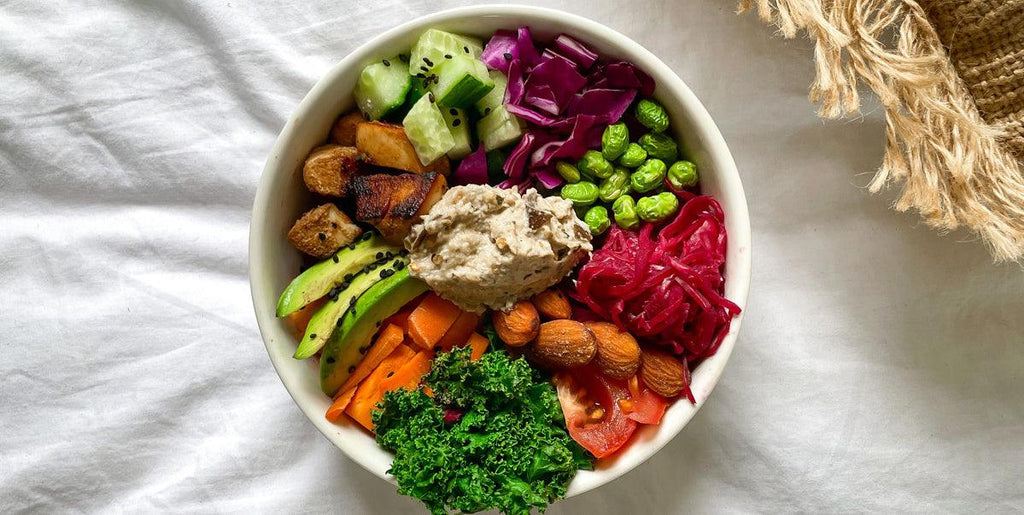
PLANT PROTEIN: BENEFITS AND SOURCES

One of the key factors that discourage people from switching to a vegetarian or vegan diet is the myth that only animal or whey protein can fulfill the body’s protein requirements.
This, of course, is untrue.
For people who do not consume animal products (for health, environmental or religious reasons), plant protein does more than enough to fulfill their daily protein needs. In fact, the Academy of Nutrition and Dietetics stated in 2016 that a vegetarian or vegan diet can fulfill all the nutritional requirements of the human body. A vegetarian protein diet can actually prove to be more beneficial to your body compared to other types of protein- you just need to know how to properly incorporate it into your diet.
If you’re considering turning to vegetarianism or veganism, or if you’re just interested in protein nutrition, then this article is for you. We’re going to take you through the A-Zs of plant protein, from the best plant protein sources to the benefits of plant protein in the gym- so that you have all the knowledge you need to make the switch. Read on to find more!
Let’s start at the very beginning; we’ve been talking a lot about proteins, but what exactly are they?
What are proteins and why do we need them?
Proteins are important nutrients that are absolutely essential for bodily functions. They are made up of building blocks called amino acids, which are used by the body to build and repair muscles and bones, to produce hormones and enzymes, and even as an energy source. There are about 20 types of amino acids that form proteins in different combinations, out of which 11 are called non-essential amino acids that can be produced by the body itself. The remaining 9 are called essential amino acids that cannot be produced by the body and need to be included in your diet for optimum functioning.
Sources of Plant Protein

Different types of foods contain different amounts and types of amino acids. For example, animal products such as meat or dairy products contain all the essential amino acids and are therefore great sources of proteins. Speaking of vegetarian protein sources, soy products and foods like amaranth and quinoa also contain all essential amino acids.
However, some other plant proteins are not complete sources of proteins because they sometimes lack certain amino acids. This doesn’t mean that plant proteins are inferior to other types of proteins. If you’re following a vegetarian or vegan diet, it is very easy to get your daily protein fix by eating a wide variety and combinations of protein-rich foods.
Some high protein vegan foods include tofu, lentils, chickpeas, peanuts, almonds, quinoa, chia seeds, pumpkin seeds, amaranth, oats, whole grains, other nuts, and seeds, vegetables, etc.
Benefits of Plant Protein
More nutrients
While plant proteins have almost the same nutrient profile as animal proteins, they actually contain more nutrients per calorie, which means that you get more benefits with every bite! Moreover, consuming plant-based proteins can help you avoid the consumption of harmful bacteria and toxins that come with animal products that can cause diseases such as Salmonella. In following a plant-rich diet, you also consume a lot of other nutrients, vitamins, minerals, antioxidants, and even fibre (which is something that animal-based proteins lack), making it a win-win situation.
Fights Diseases
Did you know that plant-based proteins can help you lower the risk of many diseases?
Plant-based proteins have less saturated fats than processed red meats and can help manage cholesterol levels. A US-based study has found that people who consume more plant protein are also 29 percent less likely to suffer from coronary heart diseases. Furthermore, more studies have reported that consuming plant-based proteins could possibly play a role in cancer prevention, and even in managing type 2 diabetes. What better reason to make the switch?
Good for the environment
According to the World Resources Institute, the production of animal-based products takes up more land, freshwater, and emits more greenhouse gases than plant-based products. Thus, consuming plant-based foods can decisively help you reduce your carbon footprint! Now that’s just the icing on the vegan cake!
Myths, Debunked!
#1 You can’t meet all your protein requirements with plant proteins
Of course you can; you just have to get a little creative! While it is true that plant proteins might sometimes lack some amino acids, you can easily fulfil your daily protein requirements by paying close attention to your diet and combining a variety of protein-rich foods. The Recommended Daily Allowance for protein for most people is 0.8 grams of protein per kilogram of healthy body weight- this can be easily achieved by consuming the right combination of tofu, lentils, nuts, seeds and vegetables!
#2 Animal protein is superior to plant protein:
Not at all!
As we’ve mentioned before, with the right combination of plant-based proteins, plant protein can actually be healthier than animal protein due to its low-fat, fibre, and vitamin, mineral, and phytonutrient content. While it is true that animal-based products usually contain all the essential amino acids and have a higher protein digestibility, the high nutrient content in plants make them a healthier option. In fact, studies have actually found that the overall health of vegetarians is better than that of non-vegetarians.
#3 You can’t build muscle with plant protein:
Well, protein is protein, no matter what the source! Plant-based proteins are just as effective in building muscle as animal-based proteins are! Venus Williams, Virat Kohli, and Sunil Chhetri are all examples of athletes who follow a vegetarian diet and depend on vegetarian or vegan sources of protein, and are acing it in the muscle department.
Plant protein for gym-goers
If you’re looking to build muscle and increase your fitness levels in the gym, you’ve probably considered protein powder as a dietary supplement. After all, protein powder is a convenient source of protein to support muscle growth and rebuild muscle tissue. However, protein powders are mostly useful for people who are unable to meet their protein requirements through their regular diets. If you’re getting enough protein through your food, there is no reason for you to consider protein supplements!
It is a well-known fact that natural sources are always better than artificial ones. Even though consuming pure protein powder will not have an adverse effect on your health, some protein powders may contain additives such as caffeine, creatine, and sweeteners that can be detrimental to your health.
It is, therefore, best to stick to natural sources of plant protein that are safe and effective. However, if you do think that you’re not meeting your daily protein requirements, protein powder can be a good option for you. Be mindful of the contents of your protein powder, and read the nutrition label very carefully.
FAQs
Is plant protein better than whey?
Whey protein is made from you guessed it— whey, which is a liquid by-product of the cheese-making process. Plant protein, on the other hand, is derived from plants. Most commercial protein powders are usually made from brown rice, pea, soy, or even a combination of plants to fulfil all your amino acid needs.
Plant-based proteins are a good option for you if you’re vegan, vegetarian or lactose intolerant, and they also contain high levels of fibre and antioxidants which are important nutrients required for optimum body functioning. What’s more, since plant proteins are metabolised by our body much slower than whey proteins, plant-based protein powders may help keep you fuller for longer. Plant protein also has a lower fat and calorie content than whey protein, making it a good option for gym-goers.
Take it from the expert: Sneha Desu, a doctor-turned fitness entrepreneur says, “Irrespective of the goal of protein consumption, protein, plant-based or not, if derived from a good source (or a nutritionally balanced combination source), is capable of allowing the body to reach fitness goals. So plant-based protein is as good as traditional whey protein even for someone who is into bodybuilding, as long as they meet the required quantity of consumption per day.”
Is plant protein good for building muscle?
Of course!
The most important thing required to build muscle is good nutrition: carbohydrates and fats to provide energy for exercise, protein to help rebuild and recover, and macronutrients to help with optimum body functioning.
We’ve already established that plant proteins are a good option for fulfilling your nutritional needs. It is also worth noting that plant proteins also contain good amounts of leucine, a type of amino acid that is extremely important for muscle protein synthesis and recovery. Some vegan foods high in leucine include soybeans, peanuts, almonds, and oats.
Conclusion:
We hope that this article helped you get an insight into plant protein and that you now have enough information to make a decision for yourself. If you’re searching for healthy yet delicious ready-to-eat snacks that are packed with plant-protein, check out our range of cookies, health bars, nuts & seeds mixes, and healthy snacks!
Please consult a qualified dietician before making drastic changes to your diet.
We wish you the best of luck on your fitness journey!









